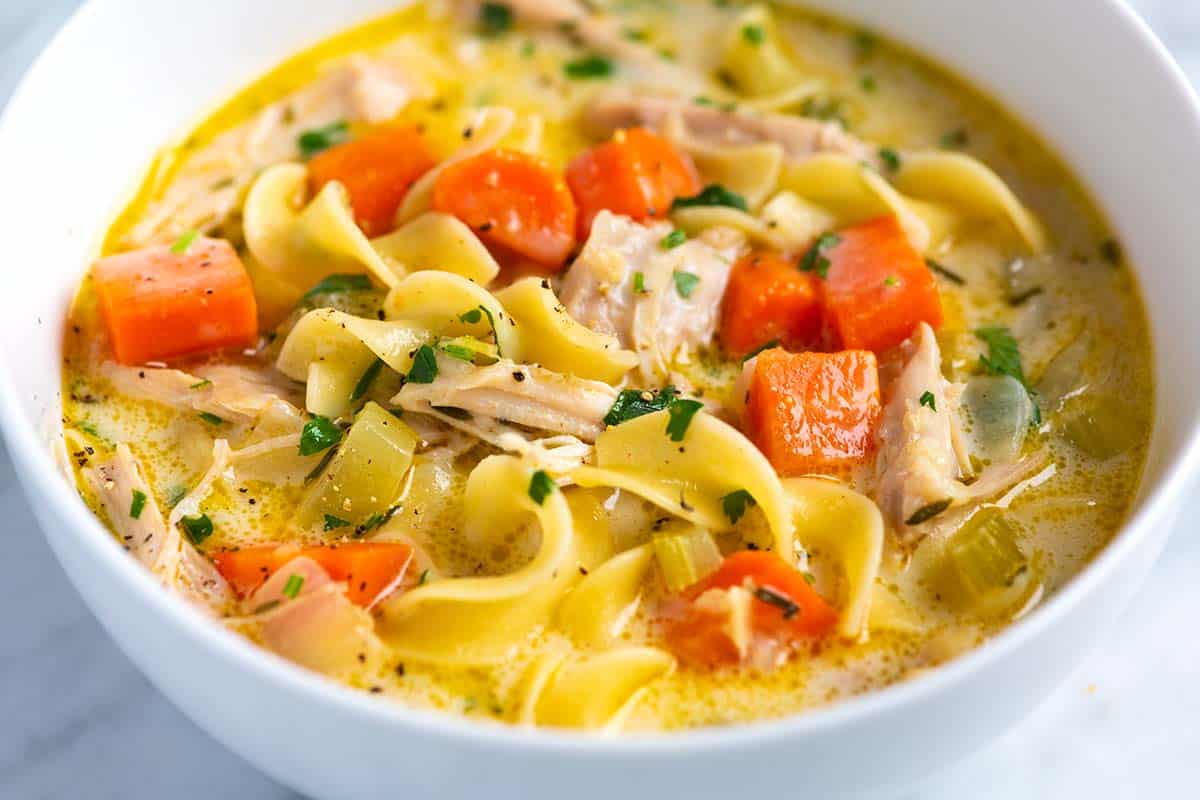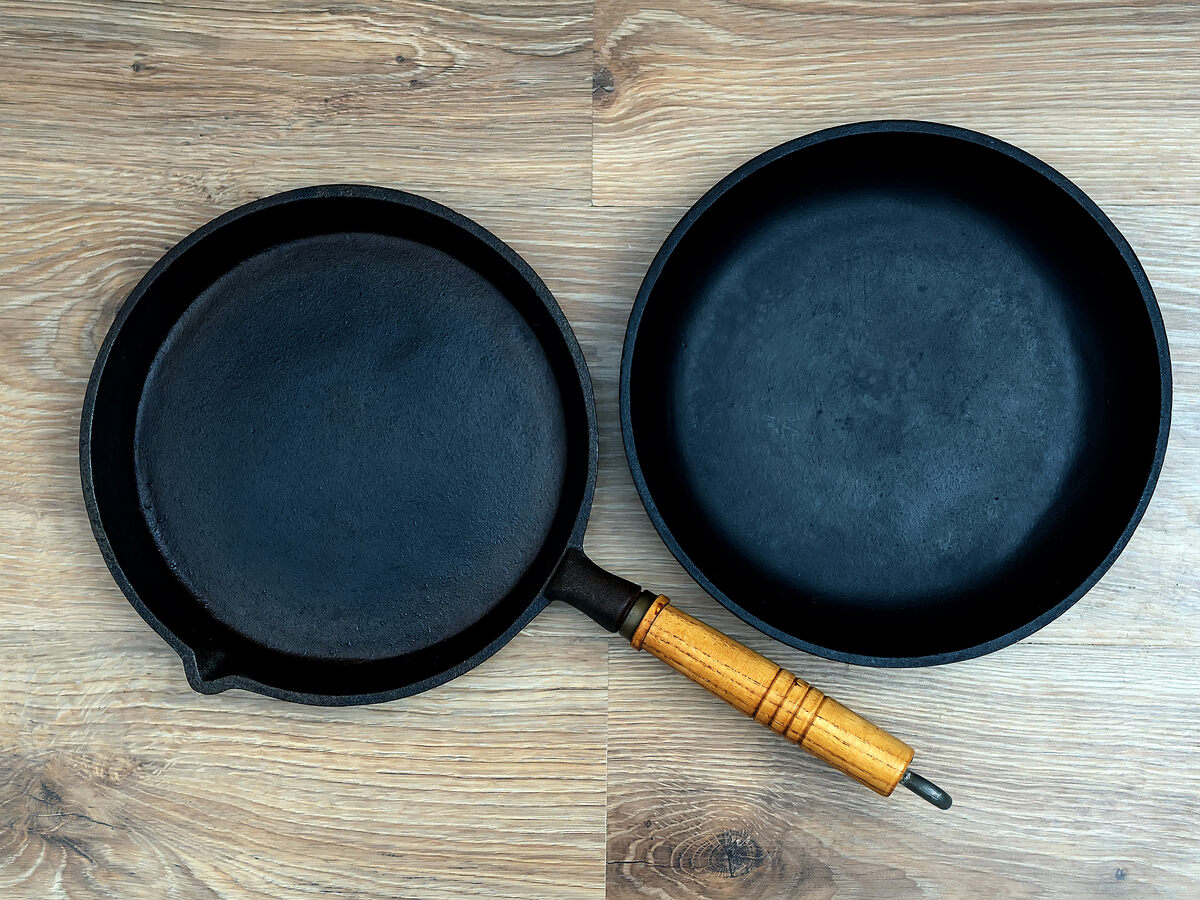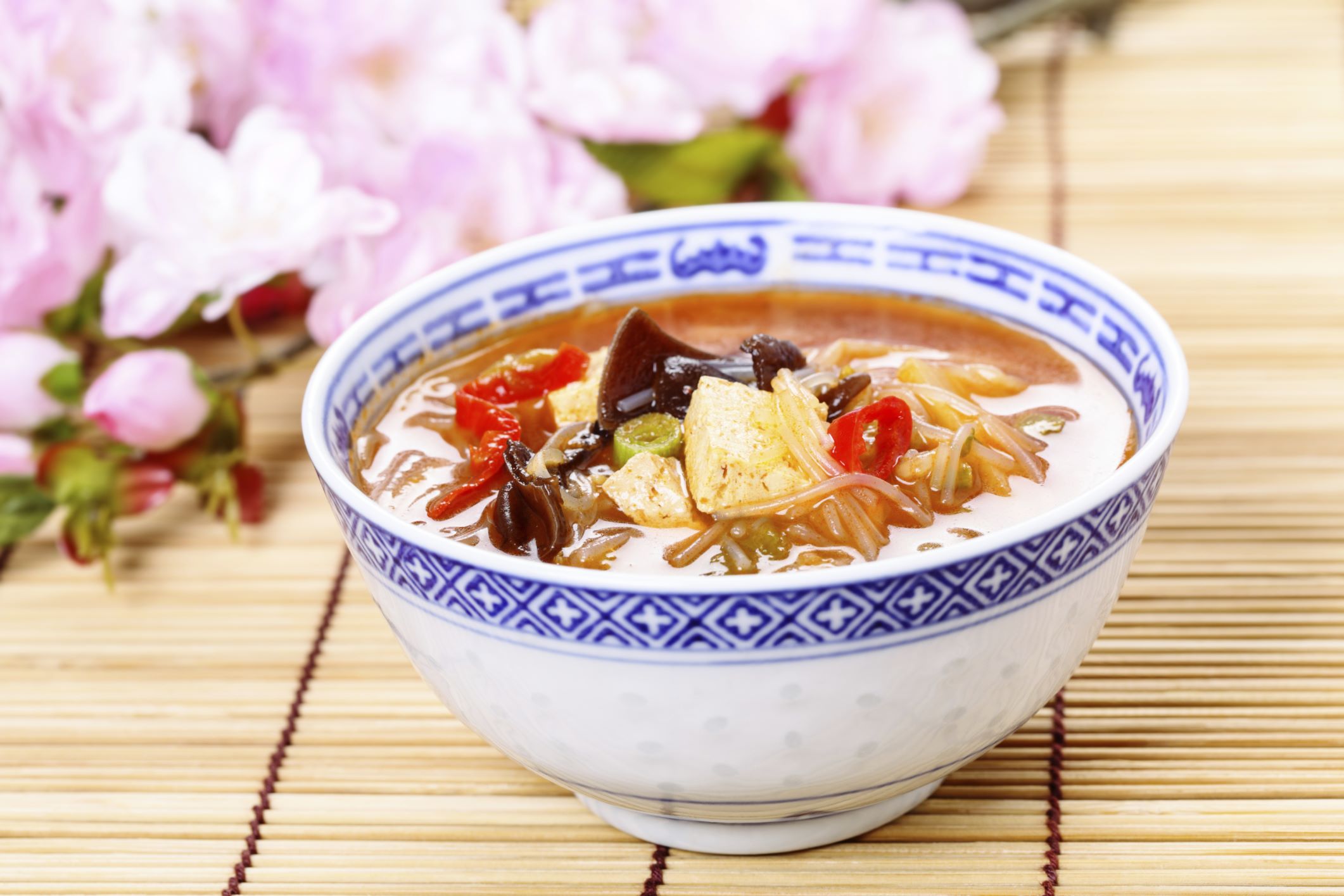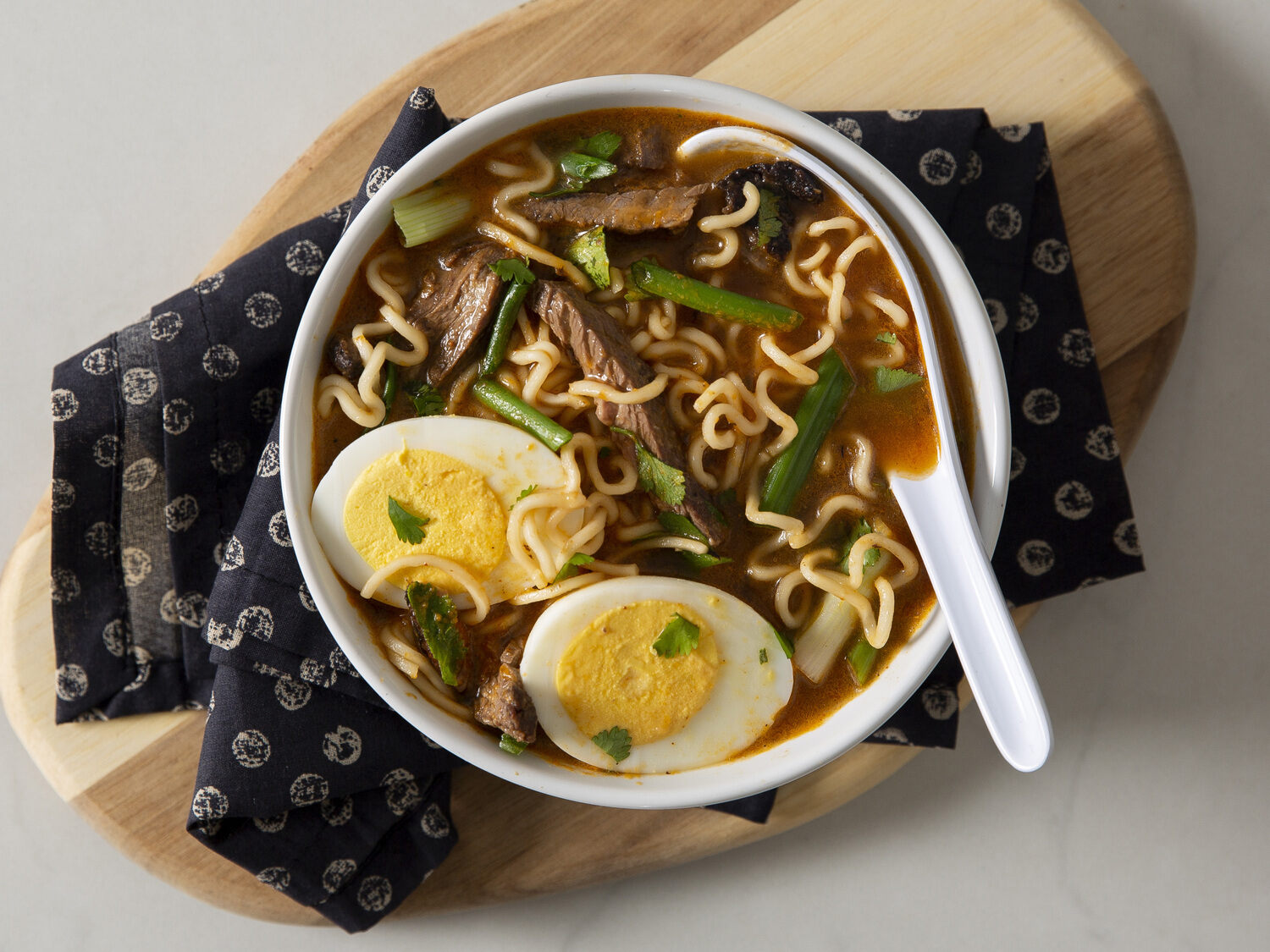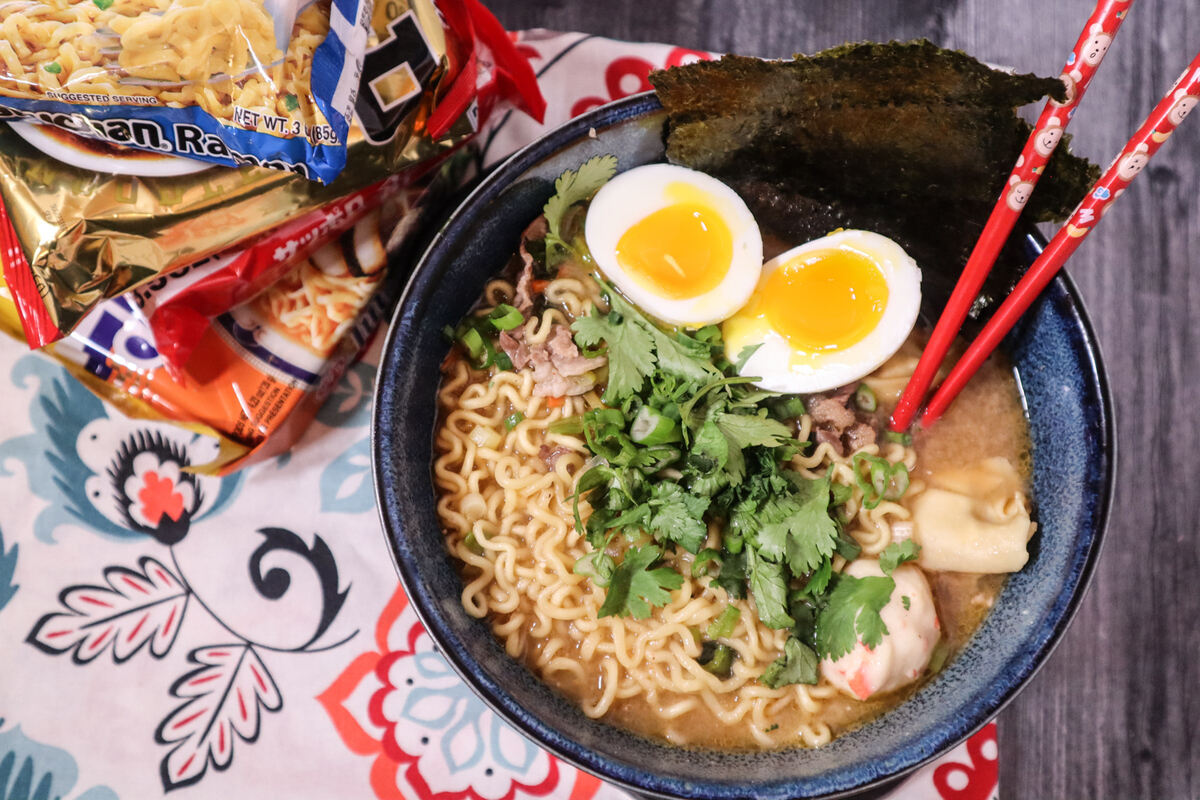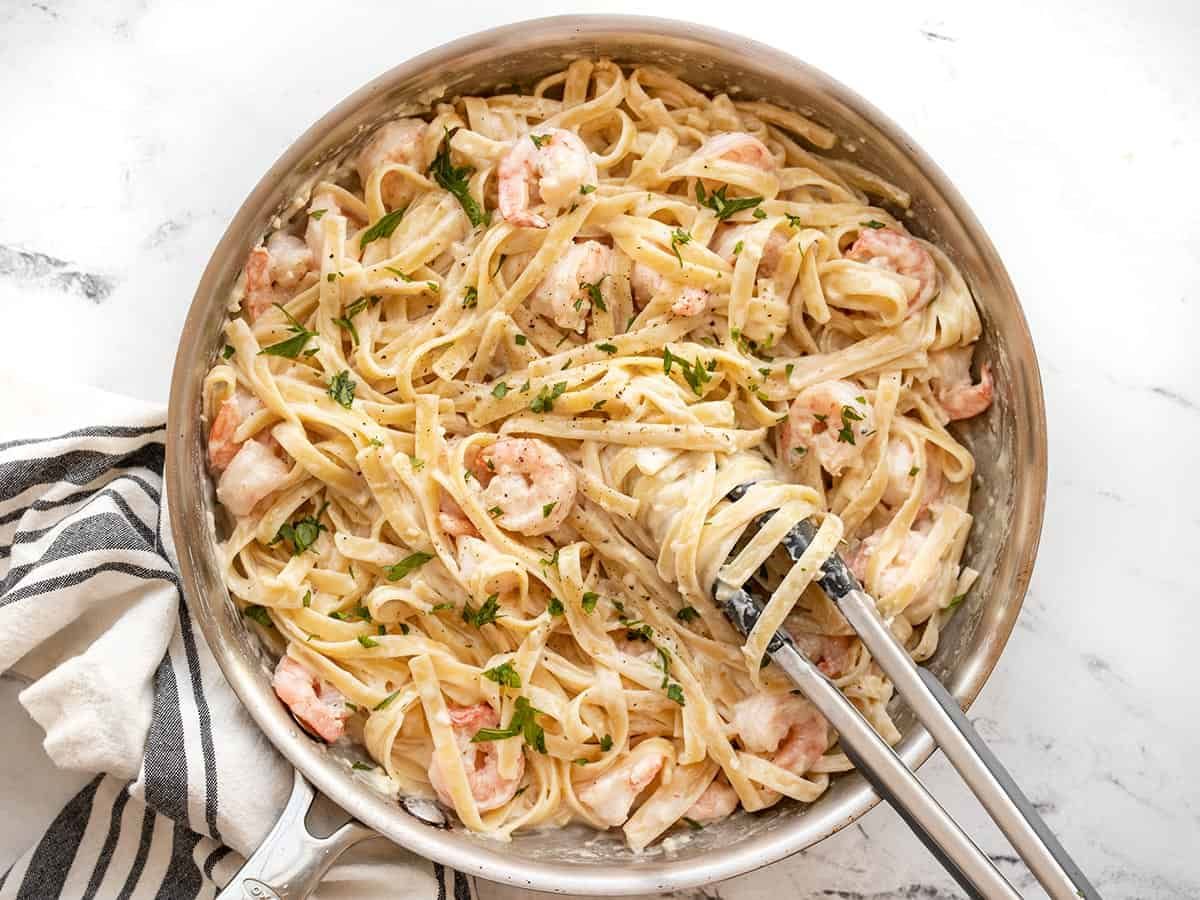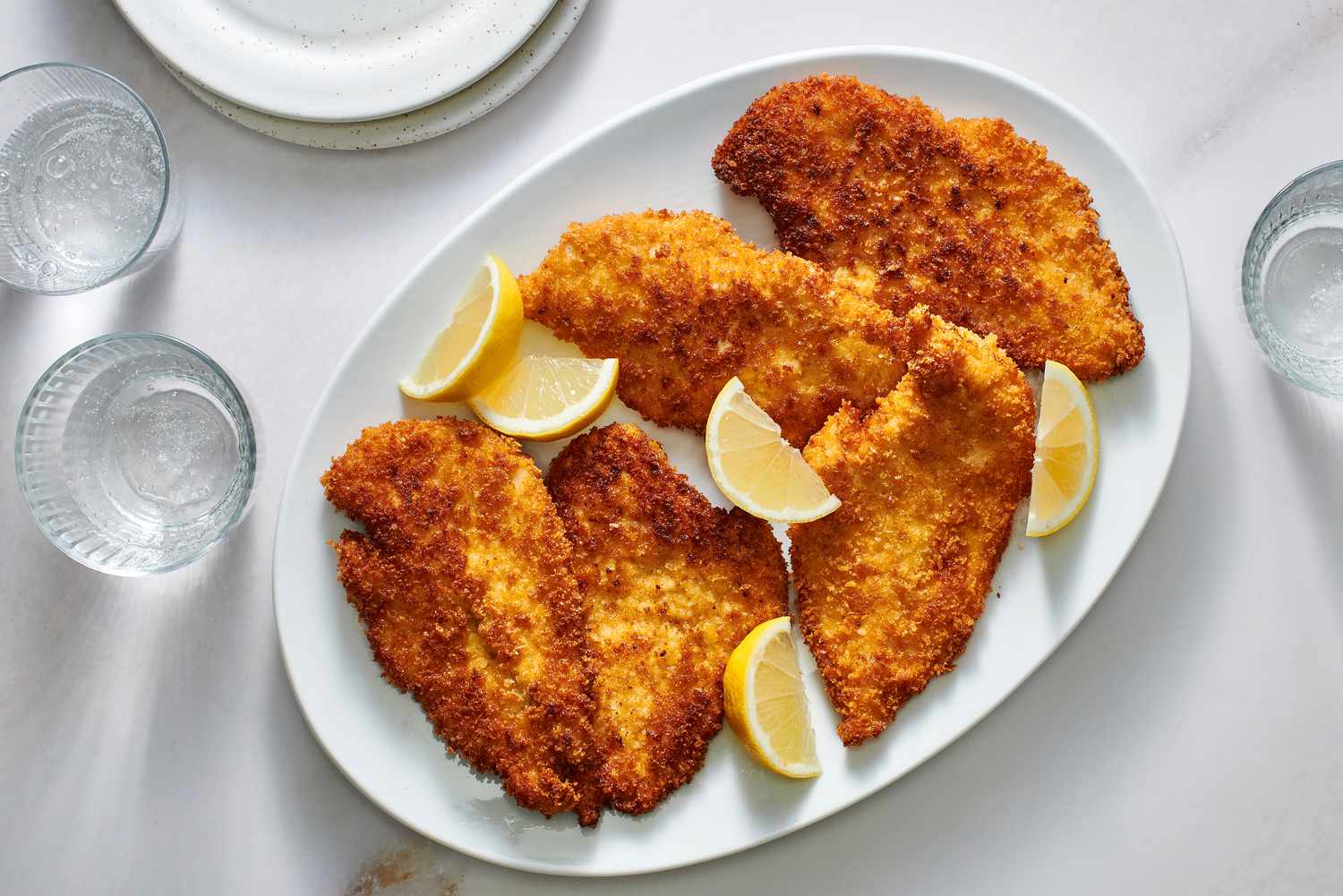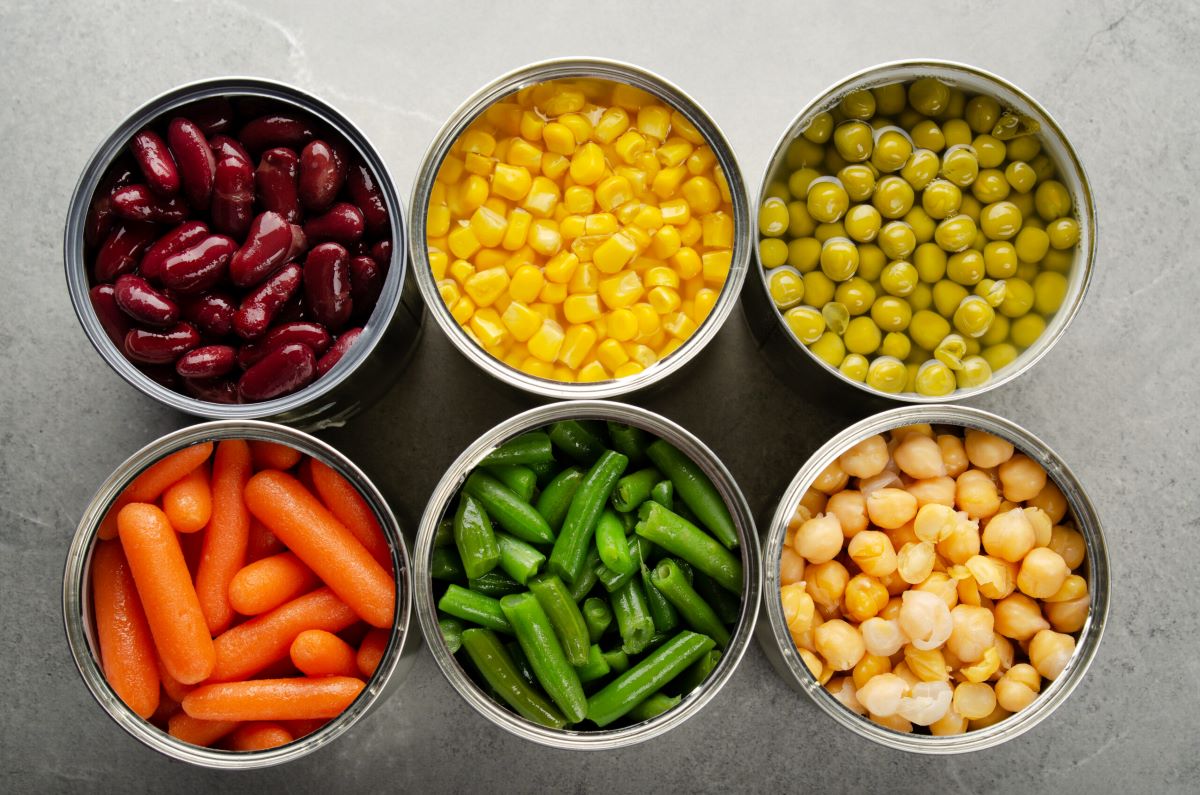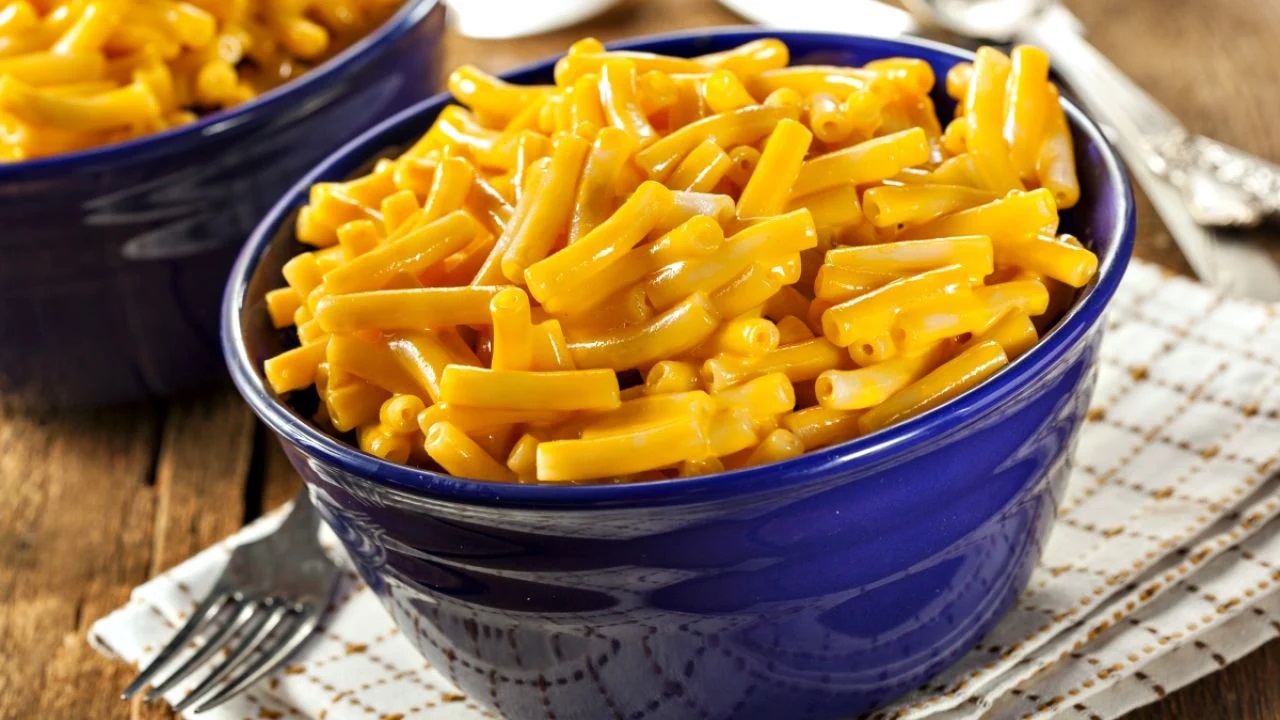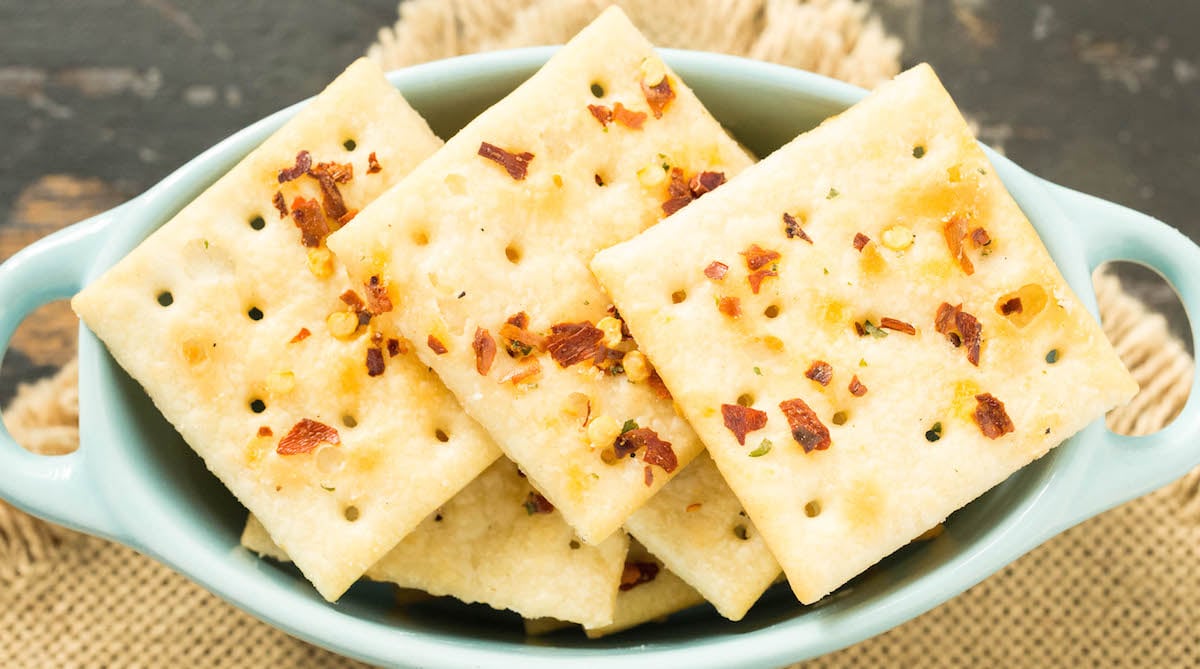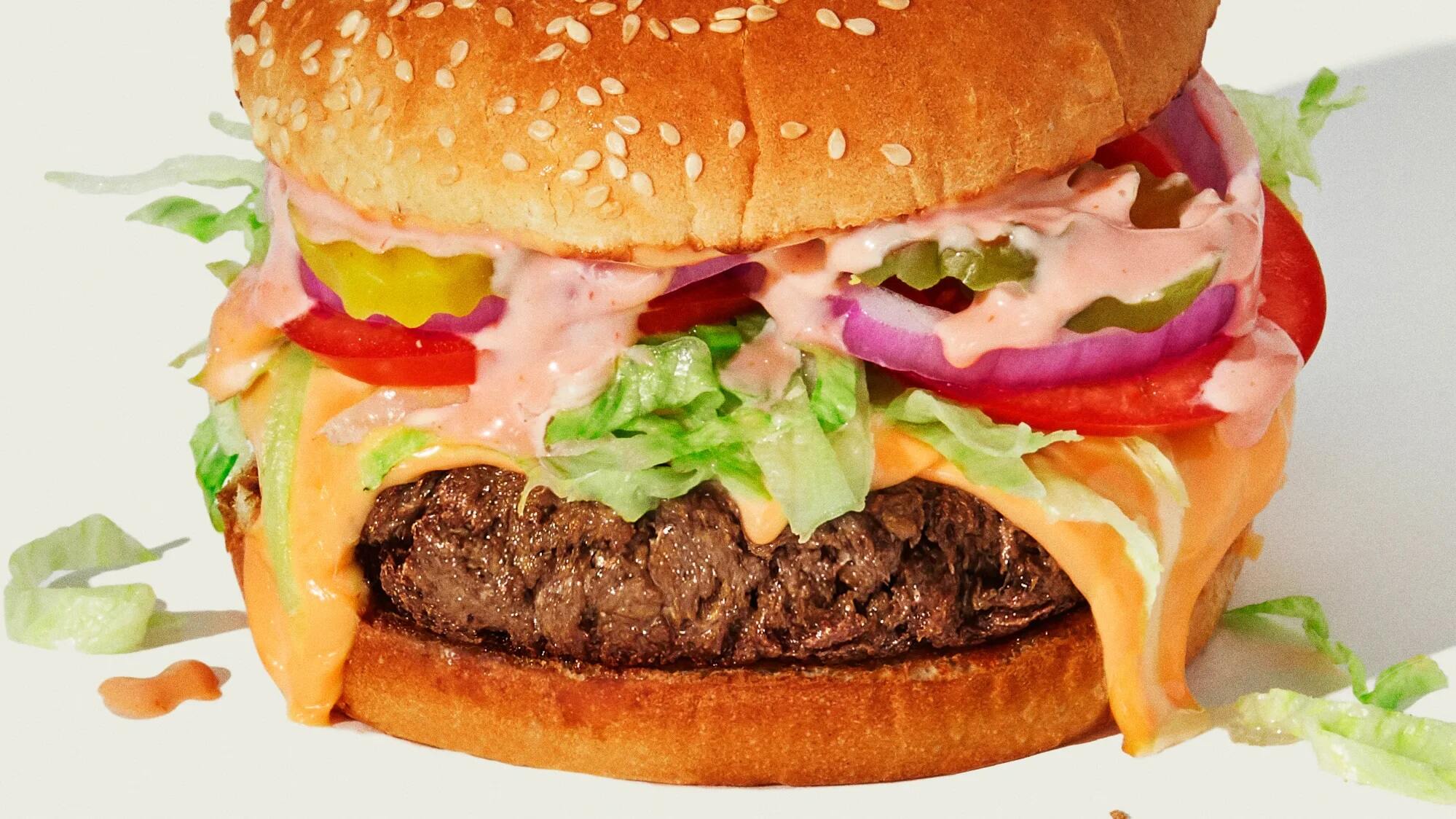Delicious and Flavorful: Seasoning Ribs for the Oven
When it comes to cooking ribs in the oven, the right seasoning can make all the difference. Whether you’re a seasoned chef or a novice cook, mastering the art of seasoning ribs can take your culinary skills to the next level. With the perfect blend of spices and seasonings, you can elevate your ribs from good to absolutely mouthwatering. Here’s a guide on how to season ribs for the oven to achieve maximum flavor and tenderness.
Choosing the Right Ribs
Before we dive into the world of seasoning, it’s important to start with the right cut of ribs. St. Louis-style ribs or baby back ribs are popular choices for oven cooking. These cuts are known for their tenderness and rich flavor, making them ideal for seasoning and slow cooking in the oven.
Preparing the Ribs
Before applying any seasonings, it’s essential to prepare the ribs properly. Start by removing the membrane from the back of the ribs to ensure that the seasonings penetrate the meat effectively. Once the ribs are prepped and ready, it’s time to move on to the seasoning process.
Essential Seasoning Ingredients
Creating the perfect seasoning blend is the key to delicious oven-baked ribs. Here are some essential ingredients to consider for seasoning your ribs:
- Salt and Pepper: The foundation of any good seasoning blend, salt, and pepper enhance the natural flavors of the meat.
- Paprika: Adds a smoky depth and rich color to the ribs.
- Garlic Powder: Provides a savory, aromatic element to the seasoning.
- Onion Powder: Enhances the overall flavor profile of the ribs.
- Brown Sugar: Balances out the savory flavors with a touch of sweetness.
- Chili Powder: Adds a hint of heat and complexity to the seasoning blend.
- Herbs: Consider adding herbs like thyme, oregano, or rosemary for an extra layer of flavor.
Applying the Seasoning
Once you’ve gathered your seasoning ingredients, it’s time to apply them to the ribs. Begin by generously seasoning both sides of the ribs with the spice blend, ensuring that the entire surface is evenly coated. For best results, gently pat the seasonings into the meat to help them adhere.
Marinating for Maximum Flavor
For an extra flavor boost, consider marinating the seasoned ribs for a few hours or overnight in the refrigerator. This allows the flavors to penetrate the meat, resulting in more flavorful and tender ribs. Simply place the seasoned ribs in a resealable plastic bag or a covered dish and refrigerate until you’re ready to cook them.
Cooking the Ribs
After the ribs have been properly seasoned and, if desired, marinated, it’s time to cook them in the oven. Preheat the oven to the recommended temperature and place the ribs on a baking sheet or in a roasting pan. Cooking times may vary depending on the type of ribs and the oven temperature, so be sure to refer to a reliable recipe for specific guidance.
Final Touches
Once the ribs are cooked to perfection, consider giving them a final flavorful touch. Whether it’s a brush of barbecue sauce for a classic finish or a sprinkle of fresh herbs for a burst of freshness, these final touches can take your seasoned ribs to the next level.
With these tips and techniques, you can confidently season ribs for the oven, creating a memorable dining experience for yourself and your guests. Experiment with different seasoning blends and find the perfect combination that suits your taste. The art of seasoning ribs is a delicious journey that’s well worth exploring.
Was this page helpful?
Read Next: How To Season Chicken Nuggets
